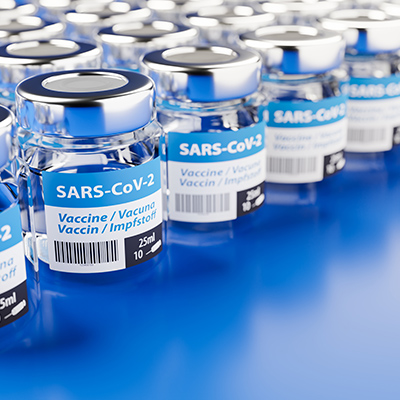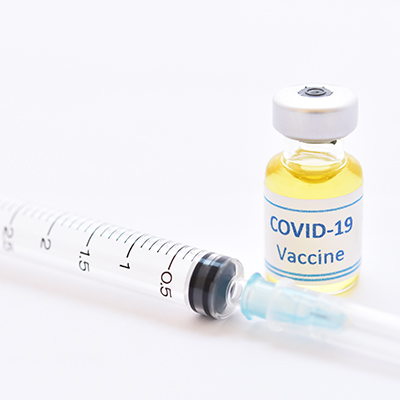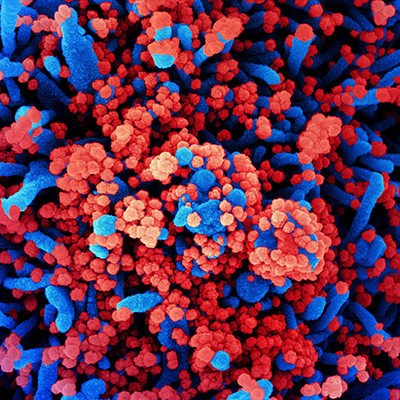September 1, 2020 -- AstraZeneca has begun a multisite phase III clinical trial evaluation of its investigational COVID-19 vaccine, AZD1222.
The trial will enroll approximately 30,000 adult volunteers at 80 sites in the U.S. Participants over 18 years of age will be randomly assigned to the investigational vaccine group (20,000) or placebo group (10,000) and will receive two injections approximately four weeks apart. The trial will determine if the vaccine can prevent disease after two doses. Participants will be followed for two years after the second vaccination and asked to provide blood and nasopharyngeal samples initially and blood samples throughout to assess immune responses.
The phase III study is part of Operation Warp Speed and is supported by the National Institute of Allergy and Infectious Diseases (NIAID) and the Biomedical Advanced Research Development Authority, a U.S. federal health agency. The study will be conducted as part of the NIAID's COVID-19 Prevention Network.
The vaccine was developed by Oxford University's Jenner Institute and Oxford Vaccine Group. It was licensed to AstraZeneca for further development. AZD1222 uses a nonreplicating chimpanzee adenovirus to deliver a SARS-CoV-2 spike protein to induce an immune response to the virus.
Preclinical study of the candidate showed that it induced immune responses against SARS-CoV-2 in mice and rhesus macaques. Based on these results, the company initiated a phase I trial on April 23 in the U.K. and recent results have been promising. The vaccine is currently being evaluated in phase II/III trials in the U.K. and Brazil and a phase I/II trial in South Africa.
Copyright © 2020 scienceboard.net









